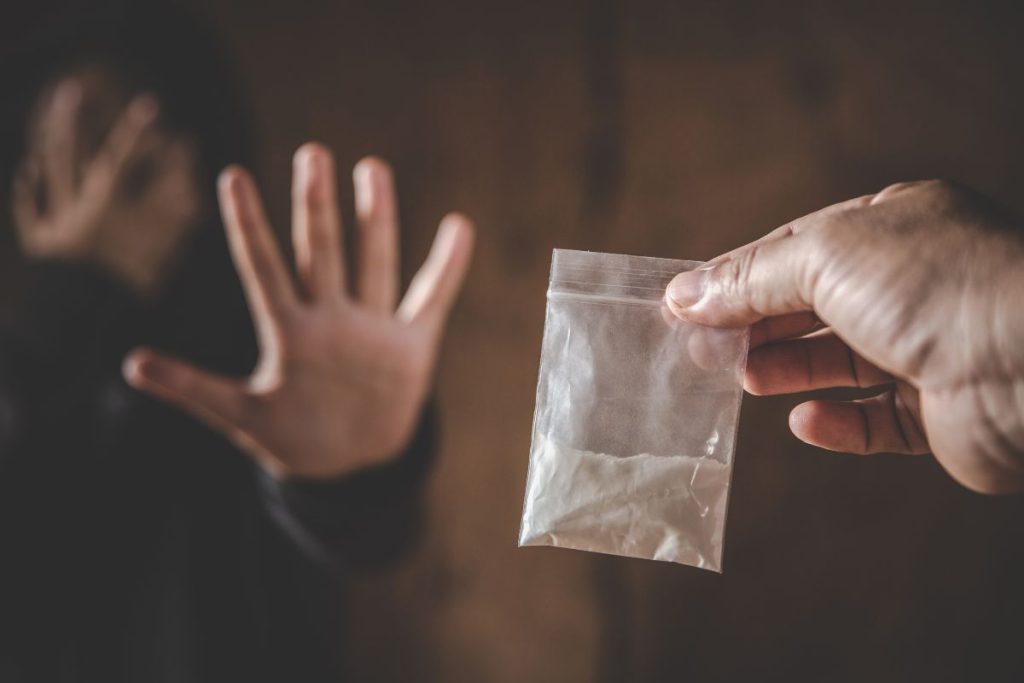
- Clinically Reviewed by Kim Stary, MHA, BSN, RN, Nursing Supervisor
Kim became an RN in 2007 and spent much of her career working as a nurse in the Emergency Department. She has also worked in the PACU, PreOp, OR, and over the last four years of her career, has worked as a Nursing Supervisor for two different mental health and substance abuse facilities in the area. Prior to becoming a nurse, Kim worked as a health teacher and basketball coach in a high school, in radio sales, and in the business office of a radio station in Madison, WI.
Opiates are a powerful class of drugs that act on the brain’s opioid receptors. The use of these substances has created a worldwide opioid epidemic, and many people are looking for ways to detox from opiates at home.
But is it really possible to detox from opiates safely and effectively without professional help? Because of potential complications, difficulties and discomfort with the process, and ultimate outcomes, the short answer is— no.
In this blog post, we will discuss the risks associated with attempting an at-home detox from opiates, as well as other options for getting sober. Keep reading on to learn more about managing an opiate addiction and how you can get help if necessary.
Detoxing From Opiates At Home
Yes, it is possible to detox from opiates at home, but it’s a bad idea. Detox should always be done under the treatment of a medical professional because of potential complications in the process.
It is important to be aware of the potential risks and complications associated with detoxing. These include experiencing withdrawal symptoms, relapsing into drug use, and potentially dangerous interactions with other medications and complications with associated issues, like dehydration.
There are many dangers associated with detoxing from opiates at home. One of the most serious dangers is the risk of relapse. If you are not under medical supervision, it is very easy to start using again after you have stopped. This can lead to a whole host of problems, including overdosing and death.
Another danger of detoxing from opiates at home is the risk of developing other health problems. When you stop taking opiates, your body may go into withdrawal, which can cause a number of uncomfortable and potentially dangerous symptoms. These symptoms can include:
- Vomiting
- Diarrhea
- Sweating
- Shaking
- Extreme nausea
- Hallucinations
If you are not properly hydrated, you may also experience seizures. These seizures can be potentially fatal. This is why it’s medically important to speak with and detox under the care of a professional.
Finally, detoxing from opiates at home can be emotionally difficult. Opiate addiction can take a toll on your mental health, and stopping suddenly can trigger depression or anxiety. You may also experience intense cravings for the drug, which can make it very hard to stay sober.
If you are struggling with any of these issues, it is important to seek professional help before attempting to detox on your own.
How To Detox From Opiates Safely
Detoxing from opiates can be a difficult and dangerous process, but there are ways to do it safely. The first step is to talk to your doctor about your plan and make sure you have the resources you need. Most likely, the best place to detox will be in a hospital or treatment center under the care and watchful eye of a doctor or other professional. This is always the safest way. Reach out for help, don’t do it yourself.
With a doctor’s care, you will likely receive medication to help with the physical and emotional pain as well. This makes it significantly easier, less excruciating, and you have a much better chance of making it through sober.
With medical help you also may taper off gradually. Quitting “cold turkey” can lead to severe withdrawal symptoms, so it may be important to be weaned off slowly. A doctor can help you determine the best tapering schedule for you.
Withdrawal symptoms can vary in intensity and duration, but they will typically peak within the first few days. The most common symptoms include:
- Anxiety
- Depression
- Irritability
- Muscle aches and pains
- Nausea and vomiting
- Sweating
- Trouble sleeping
It will likely feel like you have a terrible flu. But again, with the help of a professional you can get medication that can help with these symptoms, and there will be someone knowledgeable to care for you and to ask questions so you have to deal with less fear as well.
Aftercare Options For Detoxing From Opiates
Detox is only the first step to recovery. It is a necessary step, but not the whole picture. If you don’t learn why you started using the drugs in the first place, deal with your past trauma, and learn new, healthy coping mechanisms, you’ll likely start using again.
After detox comes the rehabilitation stage. In this stage you will learn techniques and lifestyle habits to stay sober.
For many, the best option is to go to an inpatient treatment facility. This is a good option for those who want around-the-clock care and supervision during their recovery. Inpatient facilities like ours will provide you with all the resources and support you need to successfully detox from opiates.
Another option for aftercare is outpatient treatment, and there are different levels of outpatient care. This is a good option for those who want to continue working or going to school while they recover. Outpatient treatment programs will provide you with the resources and support you need to successfully recover without having to interrupt your life too much.
No matter which aftercare option you choose, it’s important that you follow through with it and stick with it until you’re completely sober. The final step will be living in the world once again, using the tools and understanding you gained in recovery.
Detox From Opiates Safely— Call Today
While detoxing from opiates at home is possible, it really should not be attempted without the help of a professional. There are many potential risks associated with opiate withdrawal and it can be dangerous to attempt detoxing on your own. Medical professionals have the knowledge and experience required to provide safe and effective treatment for those who are looking to end their battle with opioid addiction.
So if you or someone you know is struggling with an opioid addiction, reach out to us for professional help in order to get started on the path towards recovery today. We can be reached at 727-391-7001 and are looking forward to helping you into your new, sober life.








